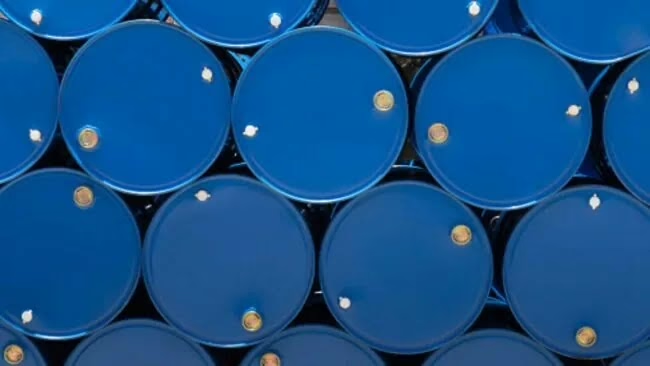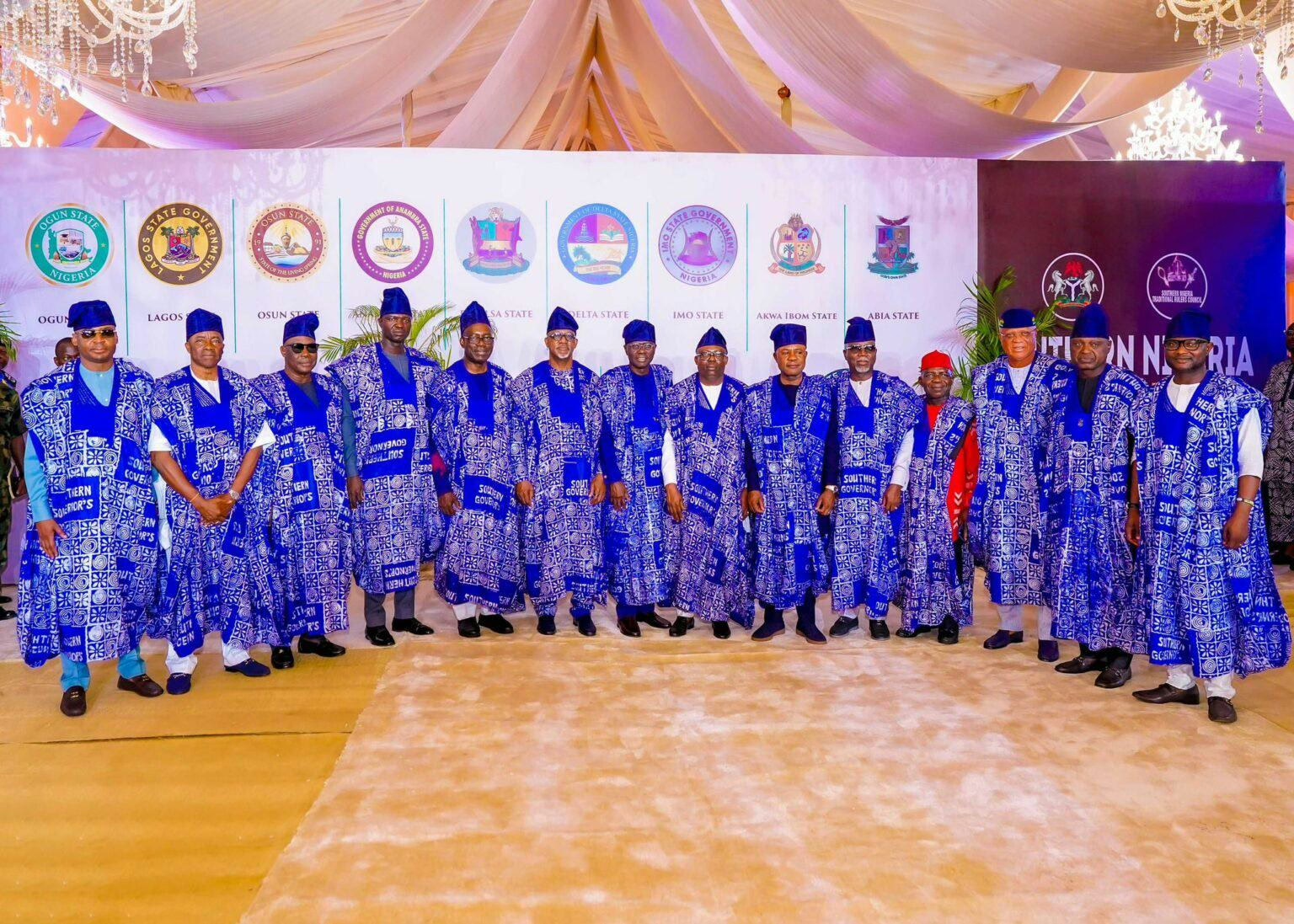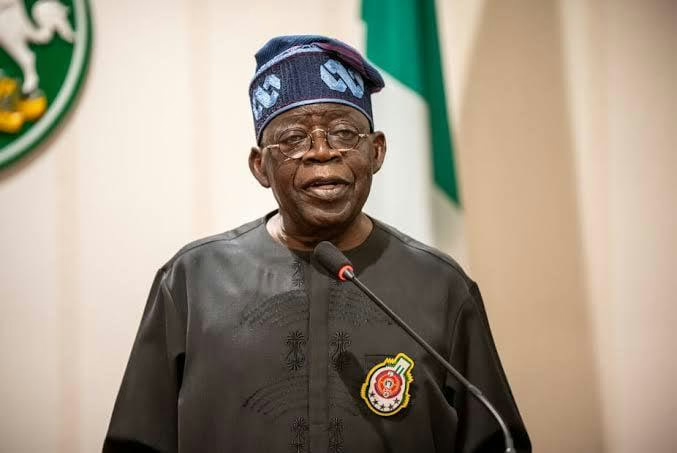Nigeria’s crude oil exports to Asia are under fresh pressure following South Korea’s $100 billion agreement to purchase US energy over the next four years, a pact sealed during President Lee Jae-myung’s recent state visit to Washington.
The deal deepens Seoul’s long-standing energy partnership with Washington, further tightening competition for Nigeria and other African exporters in Asia’s lucrative crude oil market.
Currently, South Korea is the largest Asian buyer of American crude, importing between 460,000 and 470,000 barrels per day — a flow worth $12–14 billion annually. At this pace, Seoul has already secured nearly half of its pledged purchase volume, signaling that reliance on US-origin crude will only expand in the coming years, according to industry tracker Oilprice.com.
For Nigeria, the development is a troubling one. South Korea, alongside India and Indonesia, is among its most dependable Asian buyers. Nigerian light sweet crude grades such as Qua Iboe and Bonny Light have historically enjoyed consistent demand in Seoul due to their low sulfur content and compatibility with South Korean refineries. But with US cargoes increasingly dominating the market, Nigerian exports risk being displaced or forced to accept heavy discounts to stay competitive.
The challenge is compounded by South Korea’s shifting energy mix. Imports of American liquefied natural gas (LNG), which peaked at 8.9 million tonnes in 2021, have dropped as Korean utilities turn to closer suppliers like Qatar and Australia. US coal shipments to Seoul, once at 3.7 million tonnes in 2018, also fell to 1.4 million tonnes last year before showing signs of recovery. These shifts reflect South Korea’s broader strategy of reducing costs by sourcing from suppliers with shorter shipping distances — a strategy that disadvantages Nigerian exporters, given the higher freight costs of shipping West African crude to Asia.
Analysts warn that Nigeria could face major market share losses if it fails to act quickly. “South Korea’s deal with the US is a red flag for Nigeria. Our traditional buyers in Asia are diversifying to cheaper and more consistent supply sources, while our own production has been hampered by pipeline vandalism, theft, and underinvestment,” an energy analyst in Lagos told Nigerian Tribune.
Nigeria’s struggles are well documented. Africa’s biggest oil producer has consistently underperformed its OPEC production quota in recent years due to insecurity in the Niger Delta, technical bottlenecks, and underfunded infrastructure. Although official figures indicate some recovery to about 1.5 million barrels per day, experts argue this is still far below potential output.
The US–South Korea energy pact also comes against the backdrop of sweeping global energy realignments. Iran has ramped up production to over 3.2 million barrels per day, Russia is quietly re-engaging with US oil majors despite sanctions, and Libya is targeting 2 million barrels per day by 2028 with new investment from Western firms. In such a crowded market, Nigeria risks being sidelined if it fails to adapt.
Industry experts insist that Nigeria must urgently reposition itself to remain relevant. This includes investing in modern refining capacity, tackling insecurity in the Niger Delta, reducing export bottlenecks, and improving supply reliability. Without these reforms, they warn, South Korea’s $100 billion deal with the US could tilt Asia’s energy balance further away from Nigeria, undermining one of its most critical revenue streams.












Leave a Reply